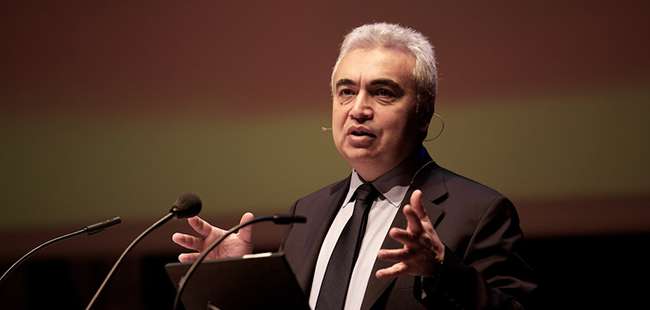The International Energy Agency (IEA) has warned that to limit the rise of global temperature to 1.5 degree Celsius under the Paris Agreement, the world needs to invest nearly US$4 trillion in clean energy and infrastructure.
The warning comes as world leaders prepare to meet for the COP26 climate change summit, due to take place in Glasgow, UK starting from October 31, 2021 to November 12, 2021.
“Getting the world on track for 1.5 degree Celsius requires a surge in annual investment in clean energy projects and infrastructure to nearly USD 4 trillion by 2030.”
IEA
While a few examples of developing economies have been successful in mobilizing capital for clean energy, the majority continue to face persistent challenges, the report reveals. For example, India’s success in financing an expansion of solar PV towards its 450GW target for renewables by 2030.
In terms of renewable energy, investment needs to be tripled by the end of the decade if the global community is willing to tackle climate crisis and keep volatile energy markets under check.

“The world is not investing enough to meet its future needs… Transition-related spending is gradually picking up, but remains far short of what is required to meet rising demand for energy services in a sustainable way. The deficit is visible across all sectors and regions,” IEA noted.
“Clear signals and direction from policy makers are essential. If the road ahead is paved only with good intentions, then it will be a bumpy ride indeed.”
IEA
Private developers, others must lead energy-transition investments
According to the IEA, an international catalyst is essential to accelerate flows of capital in support of energy transitions. And by so doing, allow developing countries to chart a new lower emissions path for development.
Primarily, private developers, consumers and financiers must champion transition-related energy investment via responding to market signals and policies set by governments, the report notes.
Meanwhile, the IEA reiterates that “a surge in spending to boost the deployment of clean energy technologies and infrastructure provides the way out of this impasse.” However, the pace at which this needs to happen must be swift, else “global energy markets will face a turbulent and volatile period ahead.”

The report further states that as electricity takes up a progressively larger share of household energy bills, governments have to ensure that electricity markets are resilient by incentivising investments in flexibility, efficiency and demand-side response.
The IEA Executive Director, Dr Fatih Birol commented, “The world’s hugely encouraging clean energy momentum is running up against the stubborn incumbency of fossil fuels in our energy systems…”
He further stated that “governments need to resolve this at COP26 by giving a clear and unmistakable signal that they are committed to rapidly scaling up the clean and resilient technologies of the future. The social and economic benefits of accelerating clean energy transitions are huge, and the costs of inaction are immense.”




















